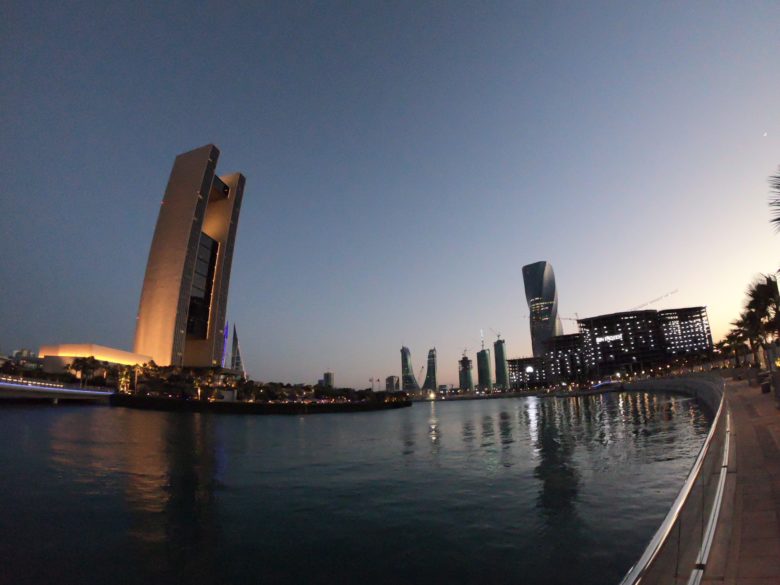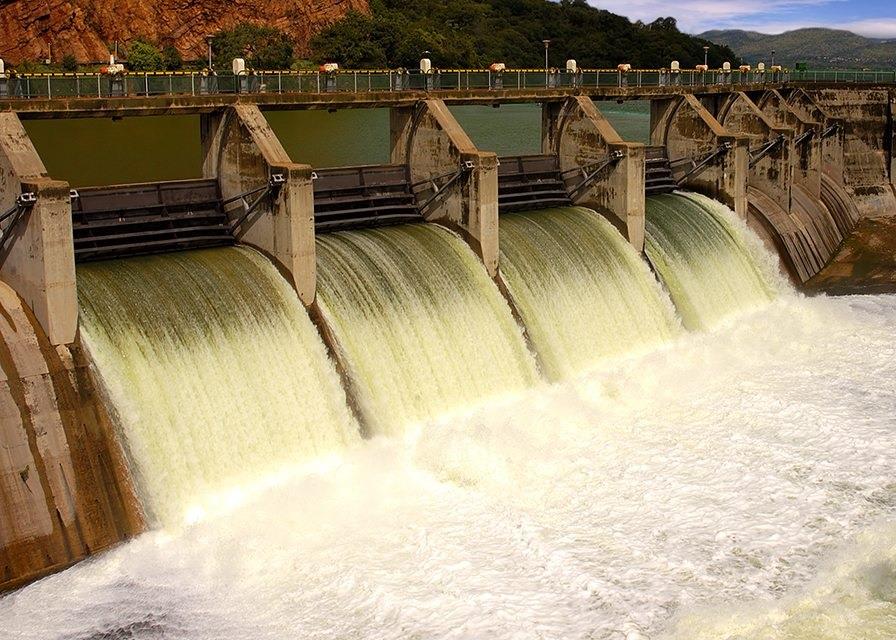

The IMF has urged Manama to continue with economic reforms after concluding a visit to Bahrain.
“Without further measures, non-oil revenue is expected to stagnate and growth to slow,” says Bikas Joshi, who headed the IMF mission to Bahrain.
The Washington-based IMF recommends a range of fiscal measures to increase revenue and reduce expenditure.
“The implementation of VAT, as planned, would be important," says Joshi. "Additional revenue measures, including consideration of a corporate income tax, would be welcome. Consideration should also be given to better targeting subsidies and addressing the large wage bill. Reforms to strengthen the fiscal framework, including by operationalising the debt management office, would be crucial.”
The IMF issued the statement after visiting Bahrain to discuss the 2018 Article IV consultation, a report on which will be submitted to the IMF management and executive board in July.
“Output remained resilient in 2017, growing at around 3.8 per cent," says Joshi. "This was underpinned by the non-hydrocarbon sector, with robust implementation of GCC-funded projects as well as strong activity in the financial, hospitality and education sectors. Overall growth is projected at 3.2 per cent in 2018, with a recovery in oil production, continuation of GCC-funded projects, and rising refinery and aluminum production capacity.”
Public debt
The budget deficit is improving.
“On the back of higher oil prices – increasing hydrocarbon revenues by 15 per cent – and authorities’ fiscal consolidation measures, the overall fiscal deficit is estimated to have declined to 14 per cent of GDP, from around 18 per cent in 2016,” says Joshi. “Announced fiscal policy would reduce somewhat the overall fiscal deficit, to 11 per cent of GDP in 2018. Over the medium term, the deficit is projected to remain sizable, with a rising interest bill as public debt continues to increase.”
Debt is another major challenge for Manama.
“Public debt increased to 89 per cent of GDP, while the current account deficit remained unchanged at 4.5 per cent," says Joshi. "Reserves remain low, covering only 1.5 months of prospective non-oil imports at the end of 2017.”
| This article has been unlocked to allow non-subscribers to sample MEED’s content for FREE. MEED provides exclusive news, data and analysis about the Middle East every day. Subscribe to MEED to have full access to Middle East business intelligence. Click here |
You might also like...

Ajban financial close expected by third quarter
23 April 2024

TotalEnergies awards Marsa LNG contracts
23 April 2024

Neom tenders Oxagon health centre contract
23 April 2024

Neom hydro project moves to prequalification
23 April 2024
A MEED Subscription...
Subscribe or upgrade your current MEED.com package to support your strategic planning with the MENA region’s best source of business information. Proceed to our online shop below to find out more about the features in each package.




